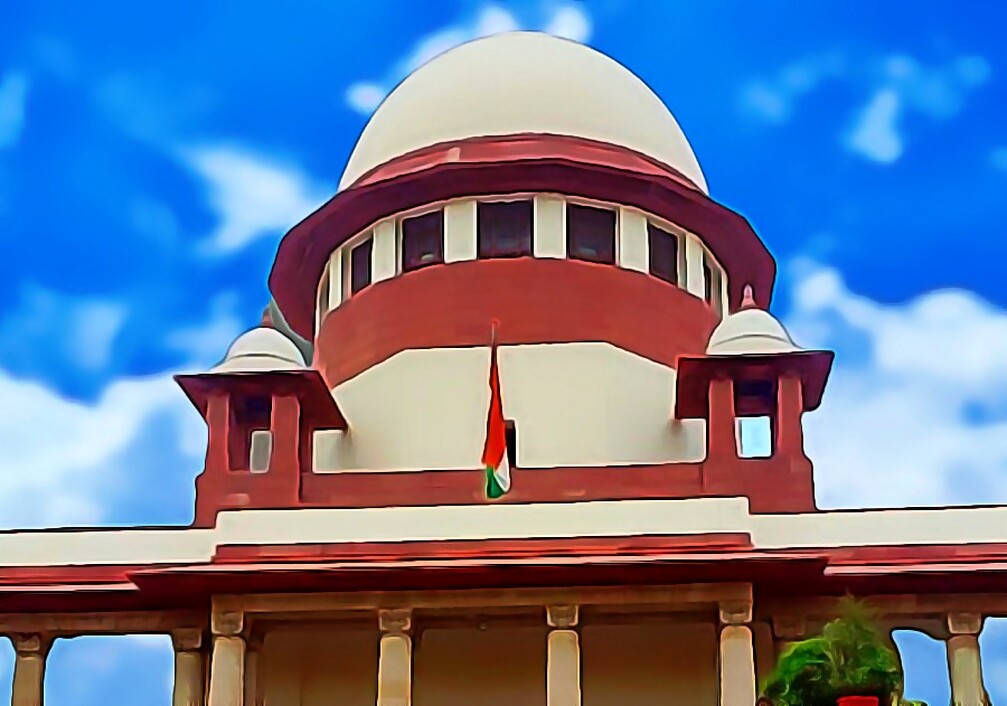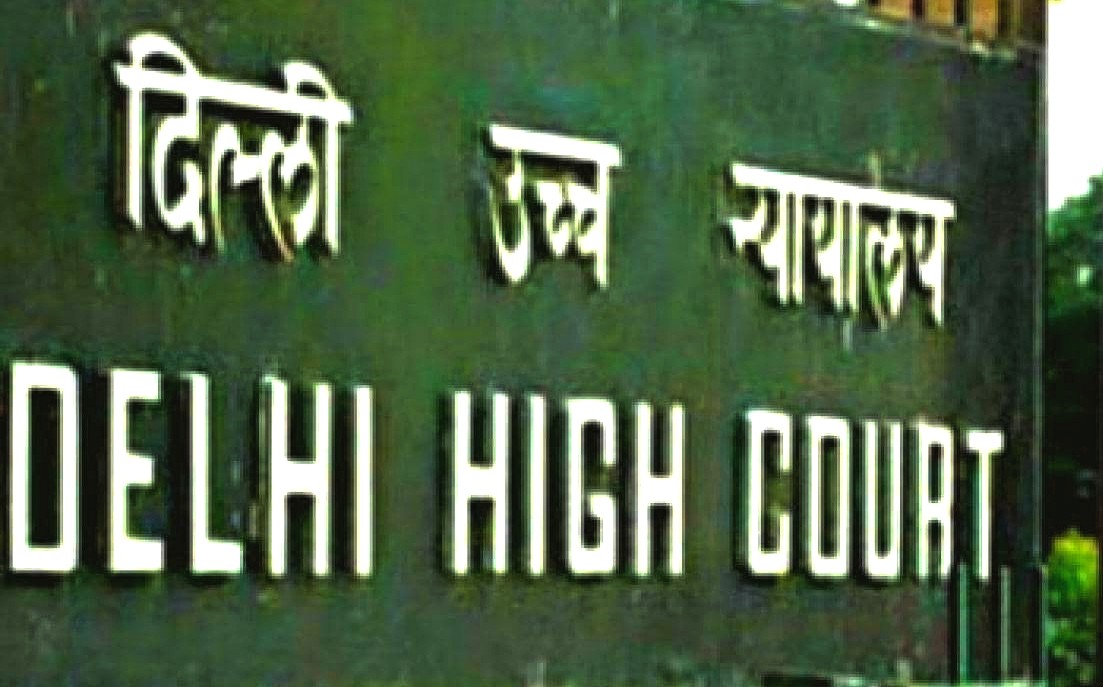Appellant had no motive to hurt the deceased: Top Court alters conviction of man accused of killing his second wife, directs his release in view of 17-year-long incarceration
Justices B.R. Gavai & Sandeep Mehta [22-04-2024]

Read Order: KARIMAN v. STATE OF CHHATISGARH [SC- CRIMINAL APPEAL NO(S). 2193 OF 2024]
Tulip Kanth
New Delhi, April 25, 2024: While observing that the appellant accused of killing his second wife had no motive to hurt her, the Supreme Court has modified his conviction from section 302 IPC to that under Part II of Sec.304.
The Division Bench of Justice B.R. Gavai and Justice Sandeep Mehta also expressed appreciation for able assistance provided by Senior Advocate Vijay Hansaria, acting as a free legal aid counsel on behalf of the appellant.
The Top Court took note of the fact that the special leave petition filed on behalf of the accused petitioner was delayed by 2461 days.
It was brought to the Court’s attention that the accused petitioner was prevented from filing the special leave petition in time because he was not aware regarding the legal procedure/ While being incarcerated in jail, the petitioner came to know about legal aid being provided by the Supreme Court Legal Services Committee and accordingly, a request was made on behalf of the petitioner to the Committee. In view of such facts, the Top Court condoned the delay.
The facts of this case were that the deceased Dasmet Bai was living with the appellant as his second wife. It was alleged that on September 11, 1999, the appellant assaulted Dasmet Bai by fists and stones and thereby caused her death. Budhram(PW-2), the uncle of the deceased Dasmet Bai lodged a report of the incident at the Kusmi Police Station on the very same day on the basis of which an FIR came to be registered against the appellant for the offence punishable under Section 302 IPC. The usual process of investigation was started.
Charge sheet was filed against the appellant after conclusion of investigation and the case upon committal was sent to the Court of Third Additional Sessions Judge on transfer. The accused was charged for the offence punishable under Section 302 IPC to which he pleaded not guilty and claimed trial.
Before the Top Court, the accused appellant challenged the judgment of the Chhattisgarh High Court whereby the order convicting the appellant for the offence punishable under Section 302 of the Indian Penal Code, 1860 and sentencing him to imprisonment for life, was affirmed.
It was the appellant’s case that the Medical Jurist did not state in his evidence that the injury caused to Dasmet Bai(deceased) was sufficient in the ordinary course of nature to cause death. It was further urged that it was a case of a single injury being inflicted by the accused to the deceased during the course of a sudden quarrel without acting in a cruel manner and thus the charge, if any, against the accused couldn’t travel beyond Section 304 Part II of IPC.
It was also submitted that the appellant had already remained in custody for a period of almost 17 years and hence, while toning down the offence, suitable reduction in the sentence might be directed.
On the contrary, the State Counsel submitted that both knowledge as well as intention to cause death of the victim could be attributed to the accused-appellant.
The Bench opined that Budhram(PW-2), uncle of the deceased, did not utter a single word in his evidence that his niece who was living with the appellant was ever treated with cruelty by the accused. It was admitted by the witness in cross examination that both the accused as well as Dasmet Bai(deceased) used to consume liquor. It was thus apparent that the appellant had no motive to hurt the deceased and some sudden quarrel had flared up between the accused and Dasmet Bai(deceased) which led to the incident.
It was stated in the evidence of the eyewitnesses(PW-4, PW-5 and PW-6) that when the accused was chasing Dasmet Bai(deceased), he was unarmed. It was only after Dasmet Bai(deceased) had fallen down, that the accused picked up a stone lying nearby and gave a blow thereof to the deceased. PW-6 also admitted in her cross examination that Dasmet Bai(deceased) fell on the road with boulders and sustained injuries due to the fall on the ground.
As per the Medical Jurist, the cause of death was opined as shock due to internal bleeding. The Jurist did not express the opinion that the single injury caused to the deceased was sufficient to cause death in the ordinary course of nature.“Thus, by no stretch of imagination, can be it accepted that the accused had the intention to cause injury/injuries to the victim with the intention or knowledge that the same would result into her death”, the Bench said while adding that the act of the accused was not covered by any of the four clauses contained in Section 300 IPC.
It was observed that the act of the accused was covered under Part II of Section 304 IPC as the accused could at best be attributed with the knowledge that the injury of the nature which he inflicted upon Dasmet Bai(deceased) was likely to cause death but without any intention to cause death or to cause such bodily injury as was likely to cause death.
Thus, altering the conviction of appellant for the offence punishable under Section 302 IPC to that under Part II of Section 304 IPC, the Bench ordered that the appellant would undergo rigorous imprisonment for a period of seven years for the offence punishable under Section 304, Part II of IPC. However, considering the fact that the appellant had already undergone sentence for about 17 years, the Bench ordered that the appellant, who was in custody, be released forthwith, if his detention was not required in any other case.
Sign up for our weekly newsletter to stay up to date on our product, events featured blog, special offer and all of the exciting things that take place here at Legitquest.




Add a Comment